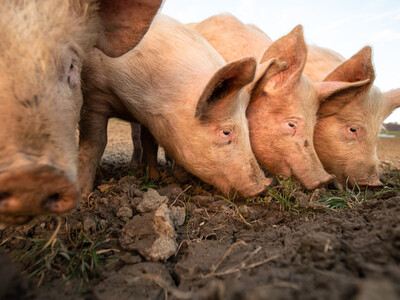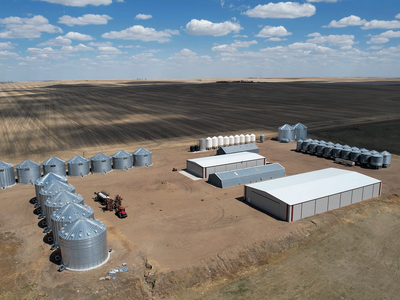SEED TREATMENTS
With current commodity prices, farmers are very interested in getting the best return possible on all their investments.Protecting their crops from disease and insects is a major concern for farmers.
Travis Palmquist with West Central Distribution explains the difference between systemic versus contact seed treatments and how they each help protect the plant.
From the moment seeds are planted, crops encounter numerous pest pressures that can impact seedling health and may affect the plants' overall yield come harvest time. Seed treatments play an important role in ensuring the seed has the best start possible from the moment it's planted, by protecting it from harmful disease and insect pressures that can negatively impact the plant throughout its life. West Central Distribution is pleased to announce the launch of its new Ridgeline™ Seed Care portfolio, a ready-to-use seed treatment lineup containing some of the newest chemistries in the seed treatment market.
He explains, Polymers and finishing powder are two options that can be added to seed treatment.
Continued advancements in seed treatment have allowed ag retailers a variety of options to help growers protect their crops from the hundreds of fungi and insects that may negatively impact their overall crop yield. Seed treatments, as part of a strong crop management plan, can help growers achieve the higher yields they strive to produce each growing season.
For some growers with planting delays, seed treatments are a must for 2018. Seed treatments are more common today. If you have had a cool and wet spring, Palmquist says they will pay dividends this year.













